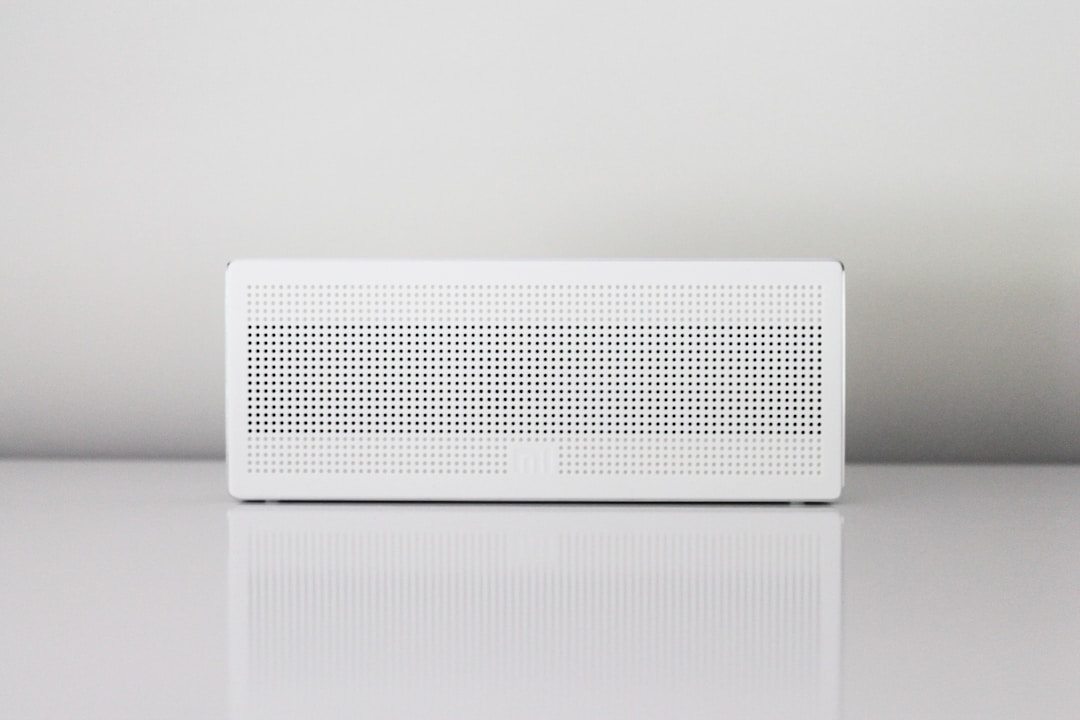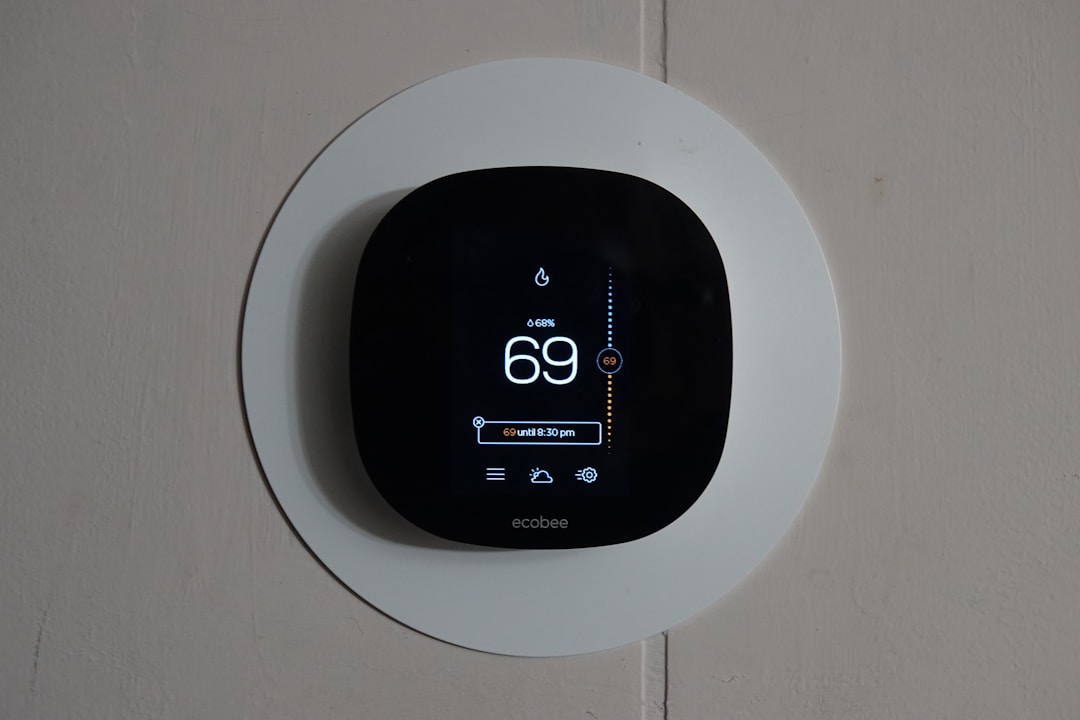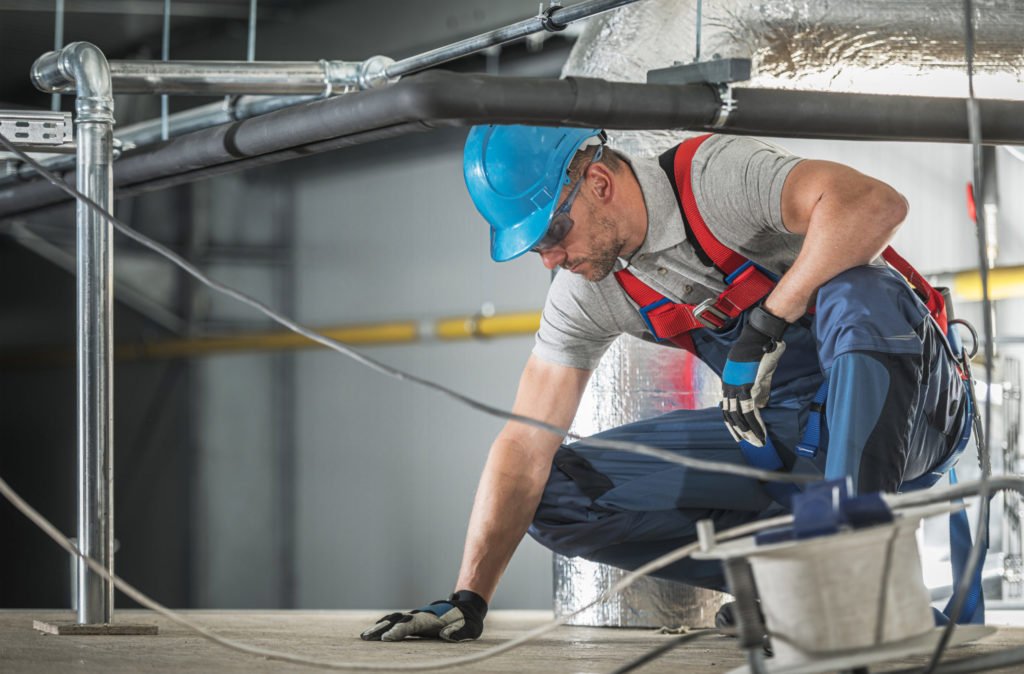Ensuring your HVAC unit has a clean air filter helps reduce energy costs and prevent costly breakdowns. Changing your unit’s air filters is an easy DIY task, yet many homeowners don’t know how often to change them. Air filters comprise spun fiberglass, paper, or cloth in a cardboard frame and are found in your home’s air vents. They clean air as it passes through the HVAC system. Failing to maintain these filters can result in a buildup of dust, debris, and allergens that cause or aggravate health issues. It also causes your energy costs to increase and makes your system work harder than it should.
The Importance of Clean Air Filters

Air filters trap debris, contaminants, pollen, dust, and more so that your home’s air conditioning system circulates clean air into your home. When the filter is full of dust and debris, it results in airflow problems or travels to the HVAC unit. Clogged HVAC filters cause your system to work harder to circulate hot air or cold air throughout the home, which causes your energy bills to increase. Clogged HVAC filters also allow allergens, pollen, contaminants, mold, and moisture to circulate through your home, which can cause health issues like allergies and asthma. The strain on an HVAC system from working harder to pull air through a clogged filter can lead to breakdowns and costly repairs.
Know When To Change Air Filters

Changing your HVAC filter regularly is key to maintaining your home’s air quality and the performance of your system. The type of filter you have determines how often it needs to be cleaned and replaced. Fiberglass filters are inexpensive but need to be changed monthly, as they don’t last long. Pleated filters are more efficient at trapping particles and need to be changed every 90 days. It’s a good idea to change your filters every two months if you have pets in the house. Those who suffer from allergies should change their filters every 50 days to maintain clean air. HVAC systems that only run a few cycles per year, such as in a vacation property, need to have their filters replaced every six to 12 months. Check on the condition of your filter monthly. If you find the dirty air filter is covered in dust and debris, go ahead and change it.
A common cause for HVAC repairs is the failure to keep up with preventative maintenance. The best way to ensure your HVAC system runs at peak efficiency to maintain your home’s comfort is to have an HVAC technician perform regular maintenance. Clogged air filters can result in issues that can compromise the HVAC system’s performance. Replacing the air filters regularly ensures your unit’s energy efficiency, circulates clean air into your home and helps reduce health issues.
The professional technicians at Vic’s Air Conditioning have years of experience providing homeowners with quality HVAC repair, installation, and maintenance services, indoor air quality solutions, ductwork, and more. Maintaining your HVAC system helps you maximize its life span and efficiency. It’s a good idea to seal air leaks in ductwork and install a programmable thermostat that allows you to set the desired temperature. This will help reduce your energy bills, prevent costly repairs, and keep your system in peak operating condition.
How To Change Air Filters

Changing your HVAC air filter is a simple process. Either check the old filter for the size or take its measurements to ensure you purchase the right replacement. Turn off your HVAC unit by either flipping the switch on the thermostat or at the circuit breaker. The air filter is located in either a return duct or the air handler in your utility closet. Remove the air filter cover, take out the old filter, and insert the new filter, ensuring the airflow arrows are in the right direction. Once the new filter is in place, replace the cover and turn your system back on.
The best way to prevent HVAC airflow problems is to regularly replace your old HVAC filter with a clean filter.



